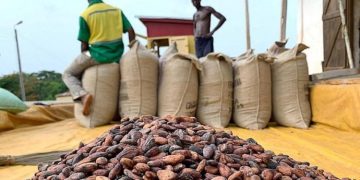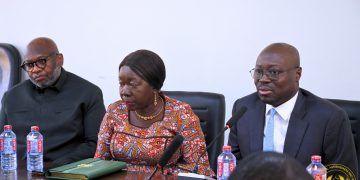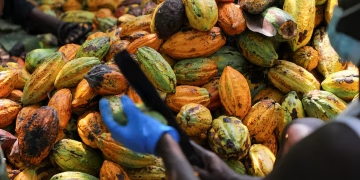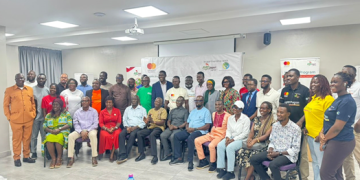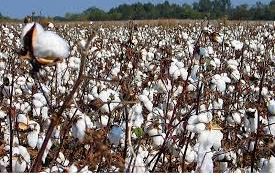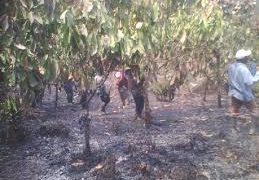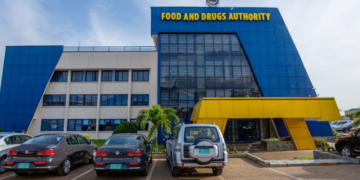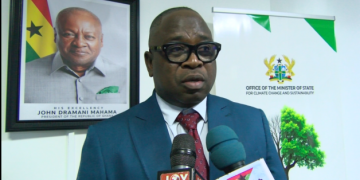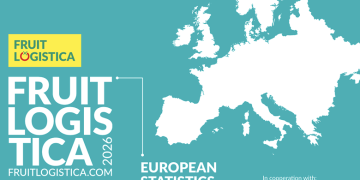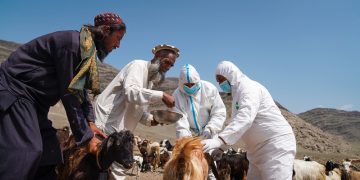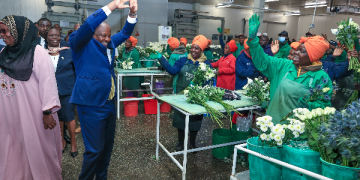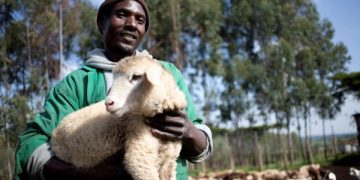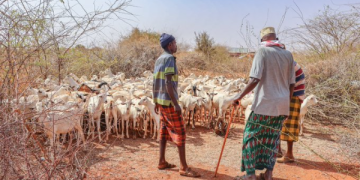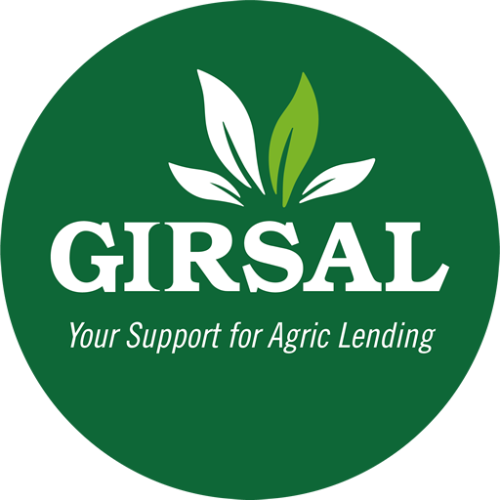Ghana’s agricultural sector has received a significant boost following the Bank of Ghana’s (BoG) approval allowing commercial banks to accept guarantees from the Ghana Incentive-Based Risk-Sharing System for Agricultural Lending (GIRSAL) as acceptable collateral for agricultural loans.
This landmark decision transforms GIRSAL’s credit guarantees into recognized security instruments, potentially revolutionizing how financial institutions approach agricultural lending in a sector that employs nearly half of Ghana’s workforce yet struggles with chronic underfunding.
The announcement was made by Ismail Adam, Head of Banking Supervision at the Bank of Ghana, speaking on behalf of Governor Dr. Ernest Addison, at a Banking Roundtable organized by the 24-Hour Economy initiative. The move addresses decades of reluctance by commercial banks to lend to farmers and agribusinesses due to perceived high risks, unpredictable yields, and insufficient collateral.
Under the new framework, when GIRSAL backs a farmer or agribusiness with its credit guarantee, banks can now treat that support as solid security equivalent to traditional collateral such as landed property or fixed deposits. This policy shift eliminates one of the most significant barriers preventing smallholder farmers, agro-processors, and agritech companies from accessing formal credit.
Since its inception in 2019, GIRSAL has guaranteed more than GH¢1.2 billion in agricultural loans, establishing itself as a key player in Ghana’s agricultural finance landscape. The organization operates as a non-banking financial institution established to de-risk agricultural financing and stimulate increased lending to the agricultural sector.
The central bank’s endorsement represents more than regulatory approval; it signals a fundamental shift in how agricultural projects and agribusiness value chains are perceived within Ghana’s financial ecosystem. Banks can now confidently extend credit to previously “unbankable” agricultural enterprises backed by GIRSAL guarantees.
The implications extend across the entire agricultural value chain, from seed producers and tractor service providers to food processors and exporters. This development could unlock substantial financing for Ghana’s agriculture sector, which has long been described as the backbone of the economy despite receiving inadequate funding support.
Adam emphasized the broader vision behind this initiative, explaining that it aims to de-risk the agriculture sector and enhance production by directing more credit to agricultural activities. The policy represents a coordinated effort between the central bank and specialized financial institutions to address systemic challenges in agricultural lending.
Looking ahead, the Bank of Ghana announced plans to extend similar collateral status to guarantees from the Development Bank Ghana (DBG) once it begins providing backing to agricultural projects. This expansion suggests a comprehensive approach to transforming Ghana’s agricultural finance landscape.
The economic implications are substantial for a country where agriculture supplies raw materials for much of its industry. Improved access to credit could drive higher yields, stronger agribusiness growth, job creation, and enhanced food security. Long-term benefits may include reduced food import expenditure, increased agro-export earnings, and greater youth interest in farming as a viable career path.
Despite agriculture’s inherent risks from weather patterns, pests, and market fluctuations, the recognition of GIRSAL guarantees as acceptable collateral by the Bank of Ghana removes the most significant financial barrier facing the sector. This policy change positions Ghana’s agricultural sector for substantial growth and development in the coming years.
The announcement received applause from the banking community present at the roundtable, indicating industry readiness to embrace this new lending framework. As GIRSAL continues expanding its guarantee portfolio, this regulatory backing provides the institutional confidence needed to transform agricultural financing in Ghana.














